Imposing Peace: Trump and the Palestinians
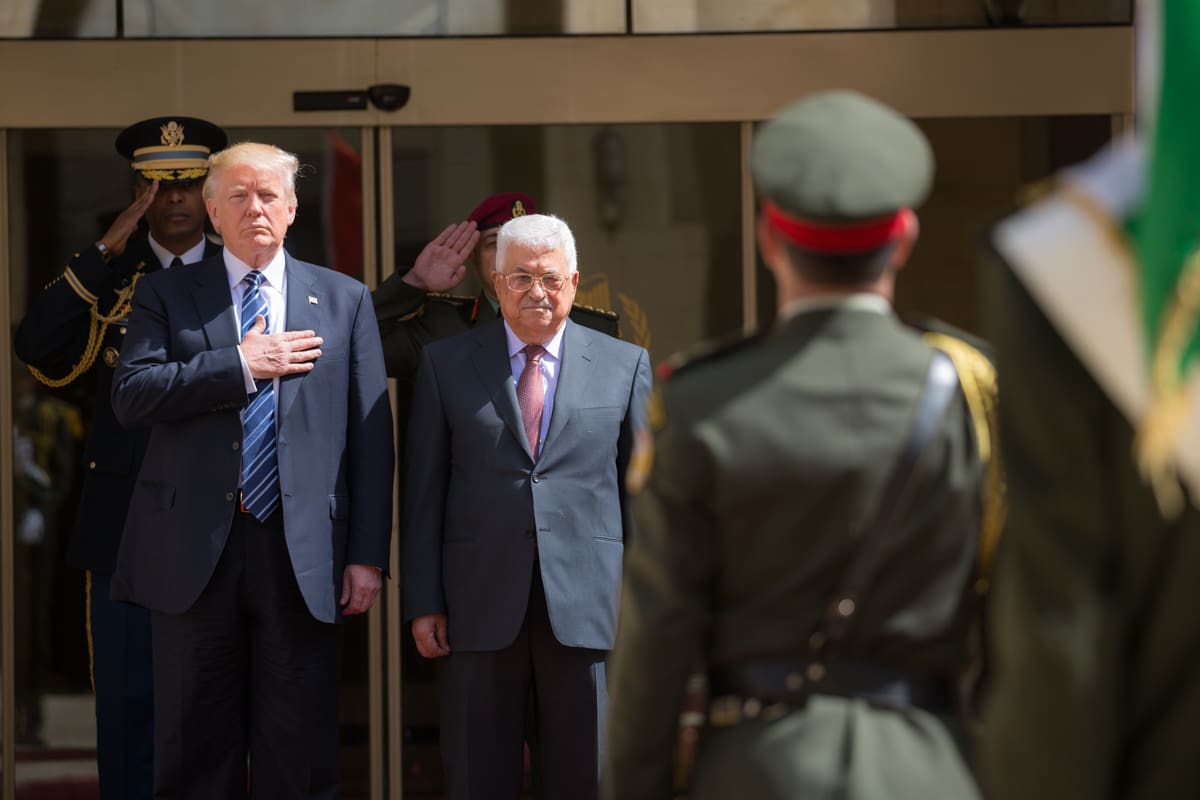
What does Trump’s recognition of Jerusalem as Israel’s capital mean for Palestine and the Palestinians? In a new commentary, Al-Shabaka Policy Analyst Osamah Khalil traces seven decades of US policy that laid the ground for this move.
Trump, Jerusalem, and the Future of Palestine
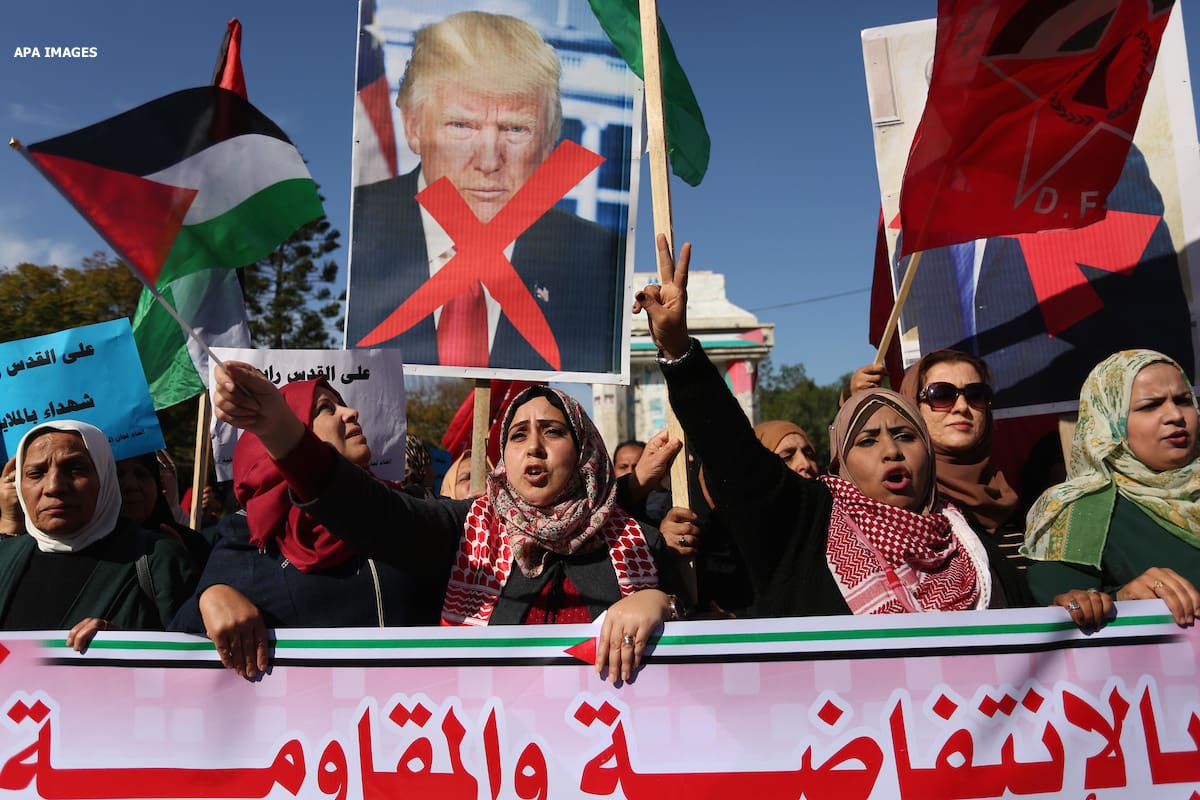
What does Trump’s recognition of Jerusalem as Israel’s capital mean for Palestine and the Palestinians? In a new roundtable, Al-Shabaka policy analysts weigh in and discuss ways in which Palestinians can safeguard their rights against this setback.
After Trump’s Jerusalem H-Bomb: Weighing Options for Palestinians
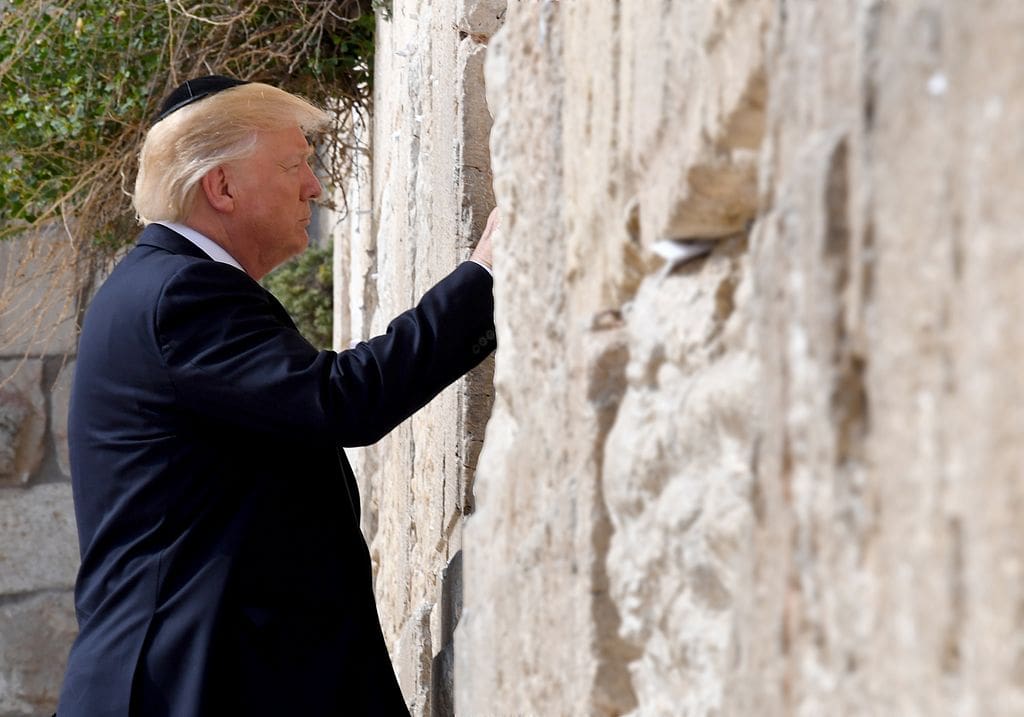
Israel is intent on legalizing its occupation of the Palestinian Territory and US president Donald Trump’s recognition of Jerusalem as Israel’s capital is key to its plans. Yet, as Al-Shabaka Executive Director Nadia Hijab argues, longer-term trends could undermine Israel’s designs and Palestinians must regroup and reinforce these trends so as to secure their rights.
How Can Palestinian Reconciliation Efforts Save the National Project?
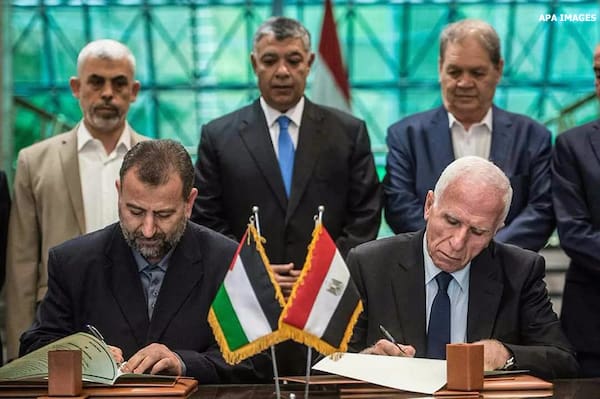
The statement signed by Palestinian factions in Cairo last week was not a sign of strength and promise, but instead demonstrates the weakness of the Palestinian movement, writes Al-Shabaka Policy Analyst 24582. He analyzes the factors hindering national unity, including Israeli interests, and proposes ways Palestinians can reach consensus and protect their national project.
Apartheid from Within? The Palestinian Citizens of Israel
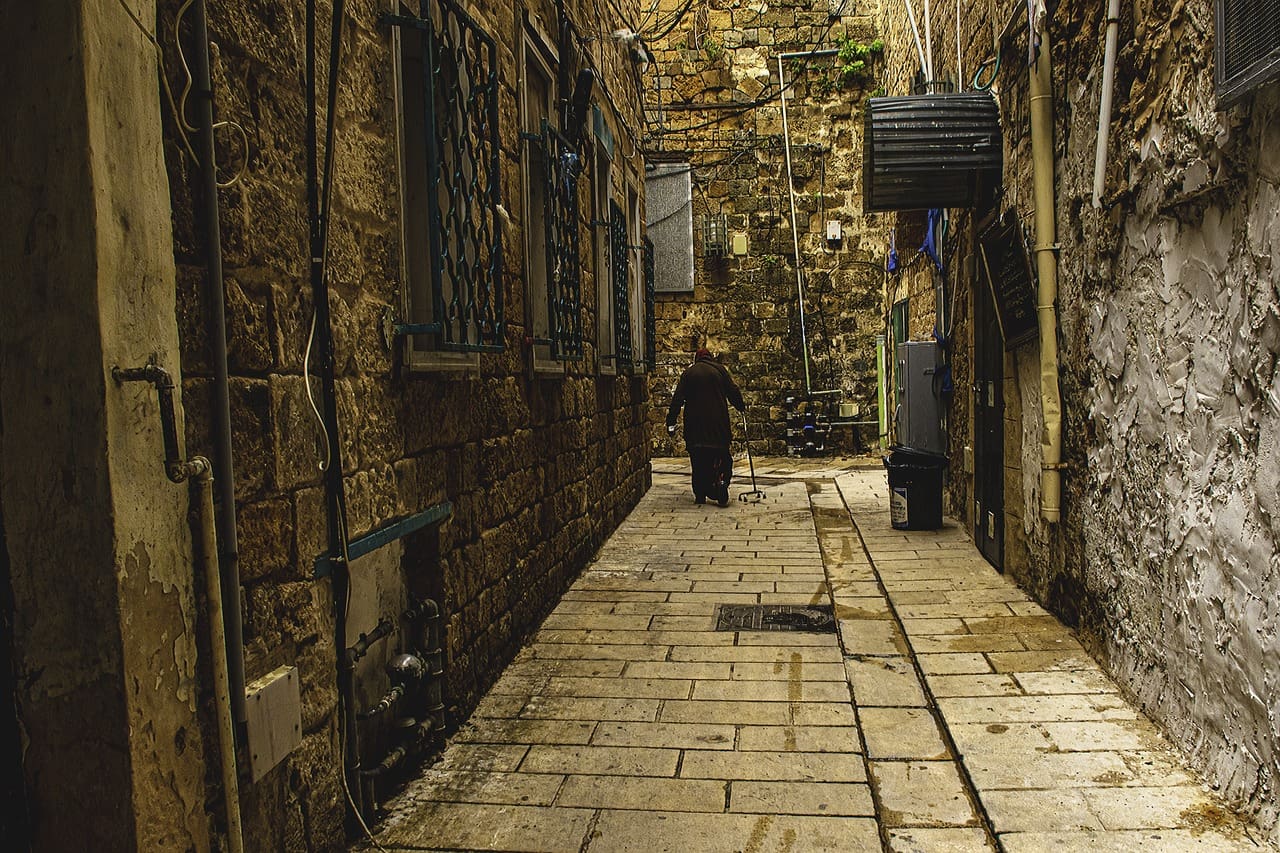
The term apartheid is often used to refer to the situation of the Palestinians under occupation. Al-Shabaka Policy Fellow 24588 examines the application of the term to the Palestinian citizens of Israel by focusing on citizenship, land, education, and politics. She also discusses whether such analysis can advance this community’s rights and counter fragmentation among Palestinians as a whole.
After Balfour: 100 Years of History and the Roads Not Taken
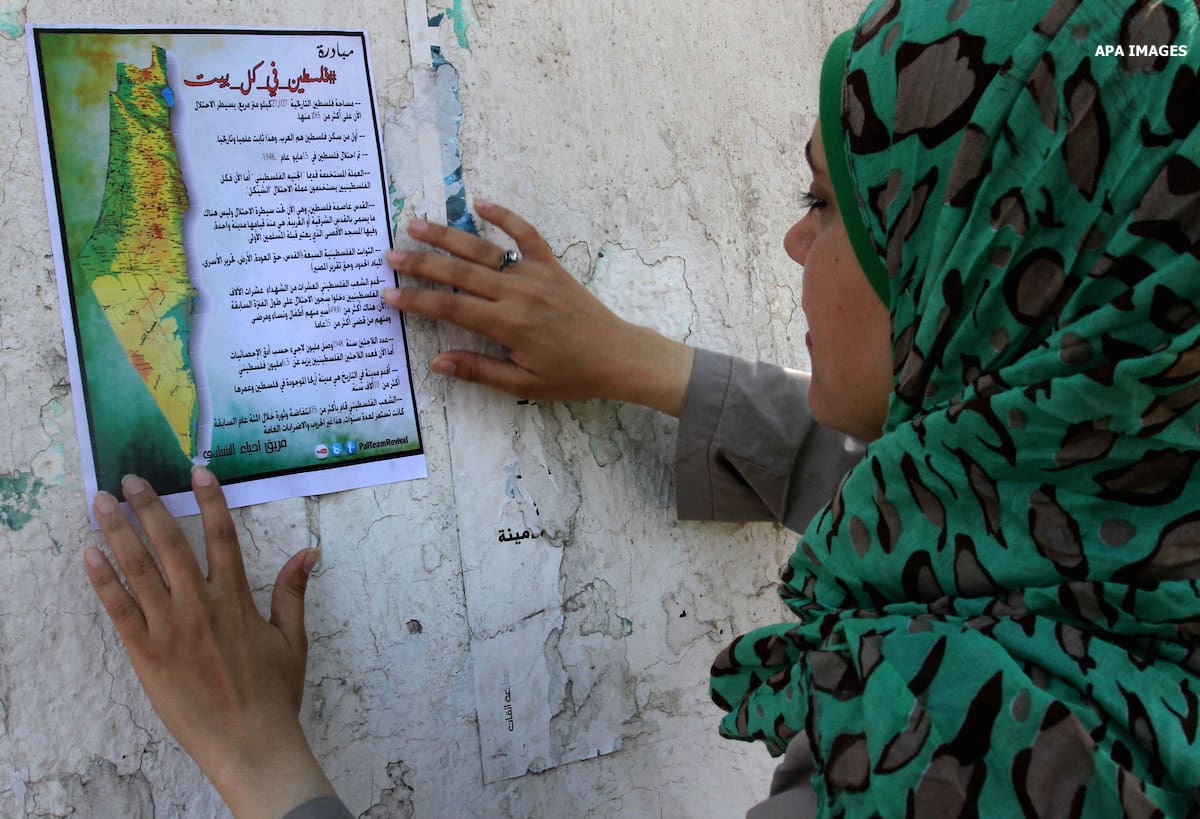
November 2, 2017 marks the 100th anniversary of the Balfour Declaration, the British statement that paved the way for the state of Israel. Were there any points during the past century when the Palestinians could have influenced the course of events for a different trajectory? Al-Shabaka’s historians and analysts identify six forks in the road where things might have gone differently, and draw lessons for the future.
Pitfalls of the Fatah-Hamas Reconciliation

The Fatah-Hamas reconciliation may sound like a breakthrough, but many questions remain. If the reconciliation is done in an incomplete way, its longer-term effects may be more devastating to Palestinians than what they experience today. Al-Shabaka Analyst Khalil Shaheen explains.
China’s New Plan for Israel-Palestine
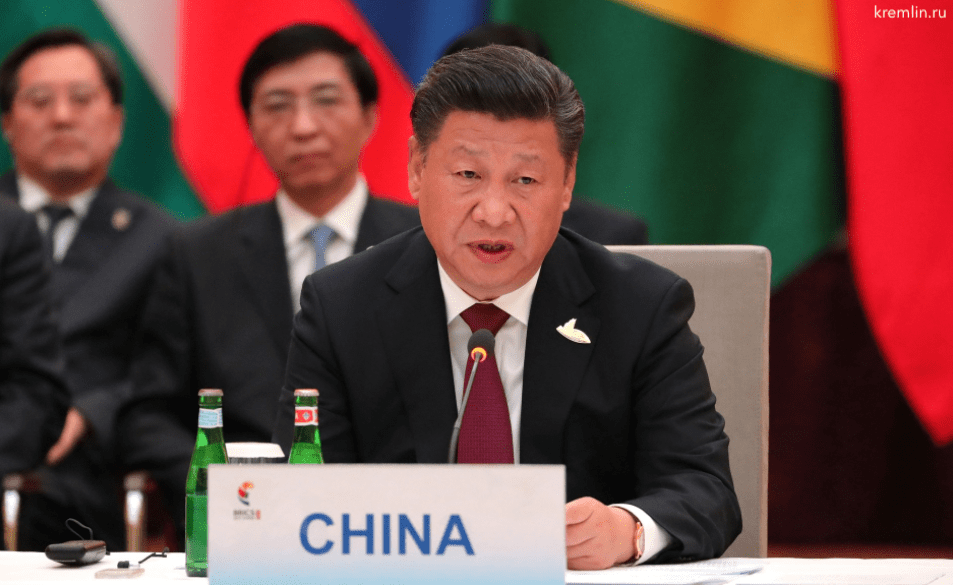
China recently proposed a new four-point plan to solve the Israeli-Palestinian conflict. Is this a major departure along a new track that challenges US hegemony and European passivity? Or is China simply pursuing its own economic interests in the guise of peacemaker? Al-Shabaka policy analyst Zaid Shuaibi weighs in.
Focus On: PLO and Palestinian Representation

Al-Shabaka presents a selection of pieces from its archives in which its policy analysts discuss issues related to the reform of PLO institutions and questions of legitimate political representation.









